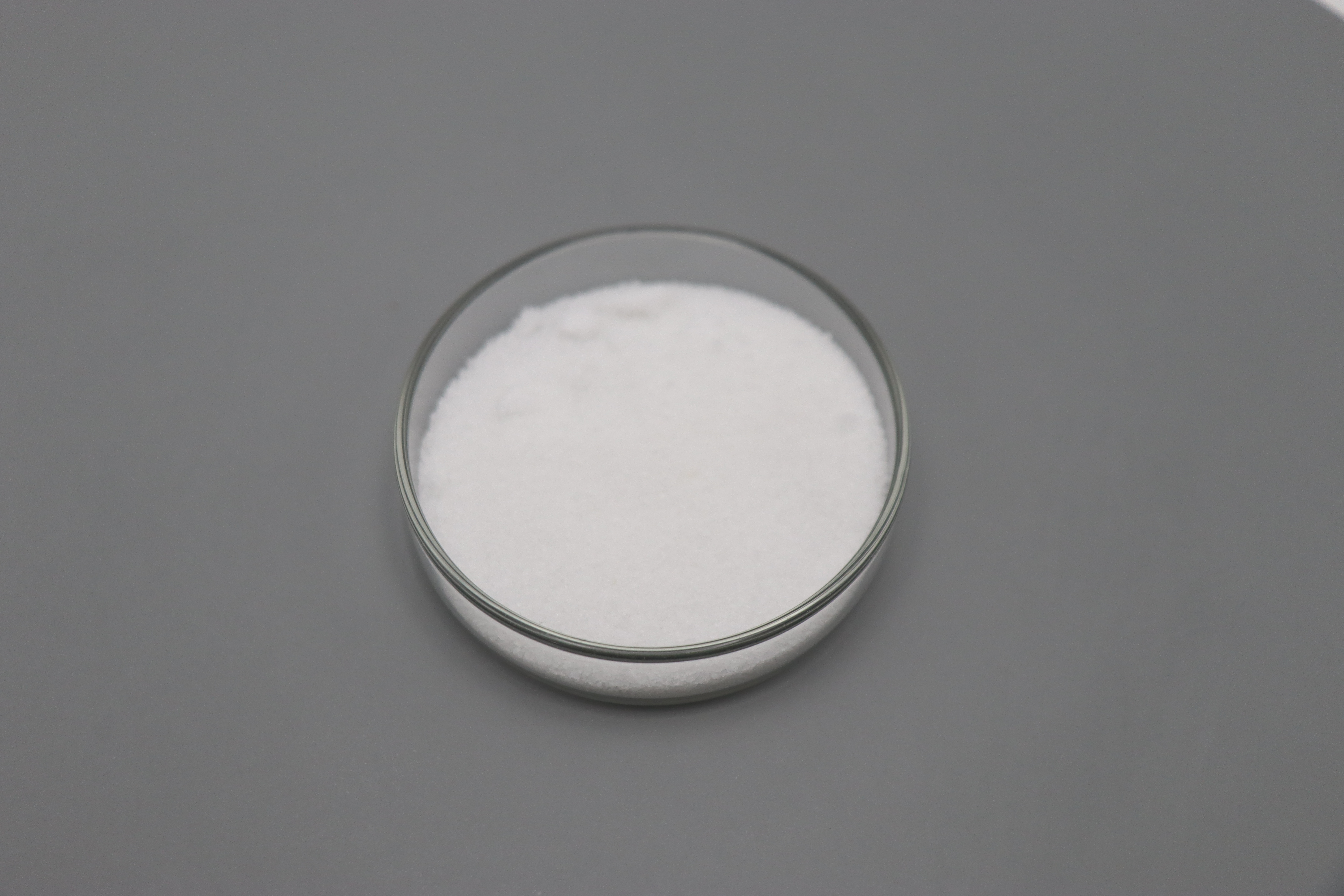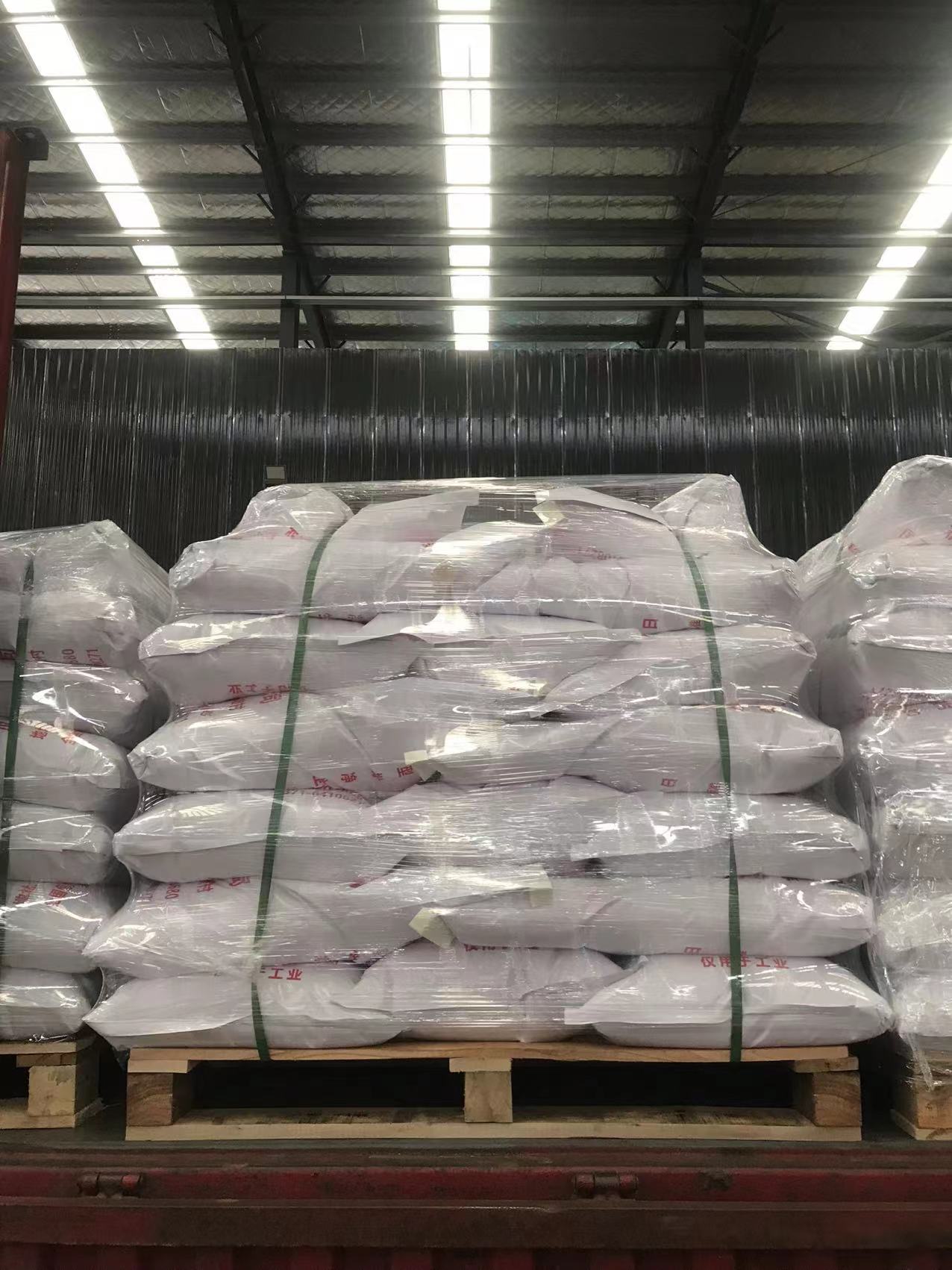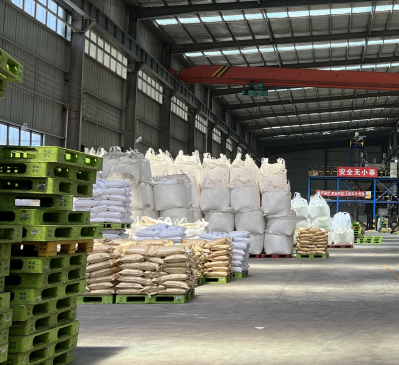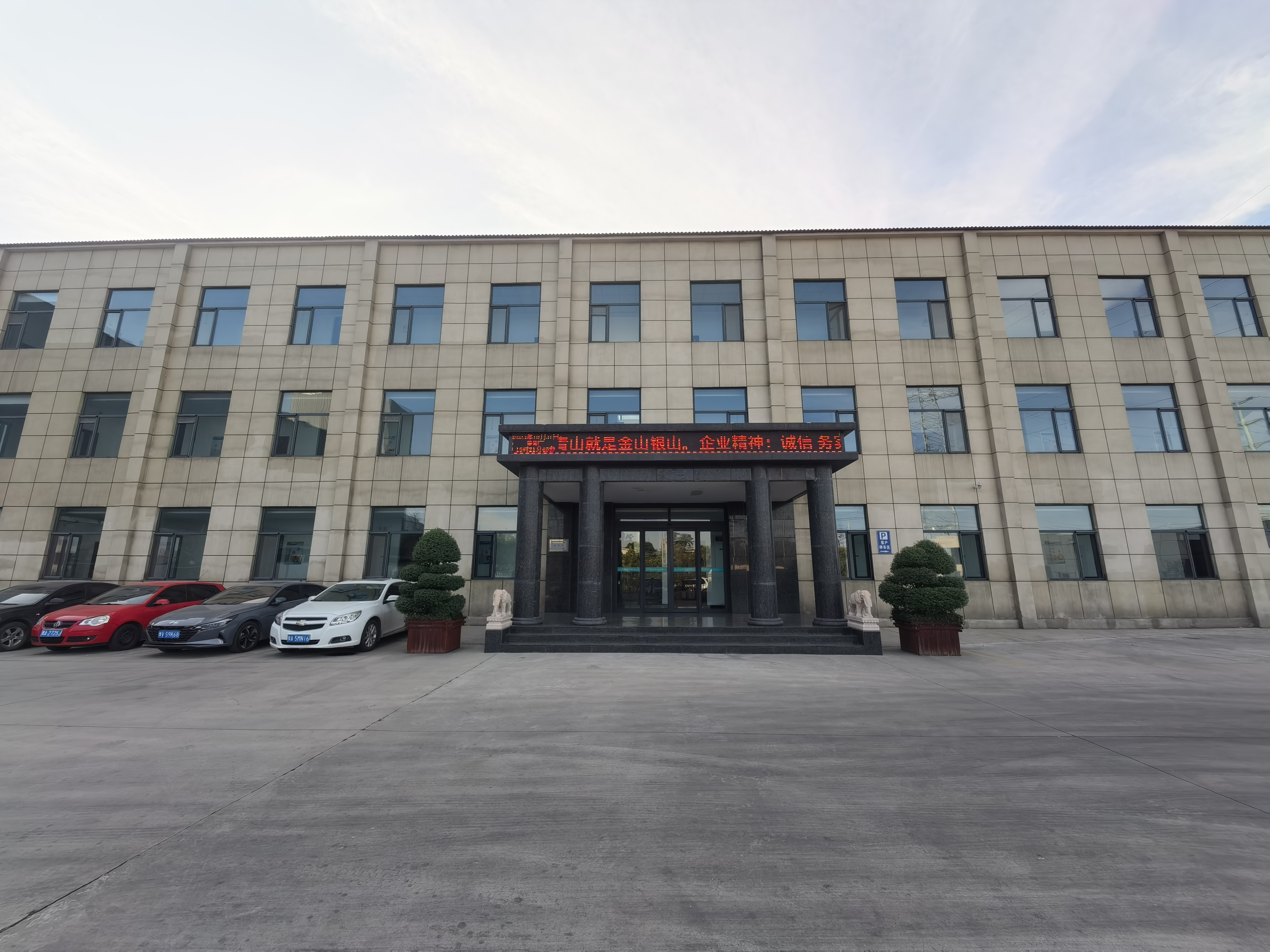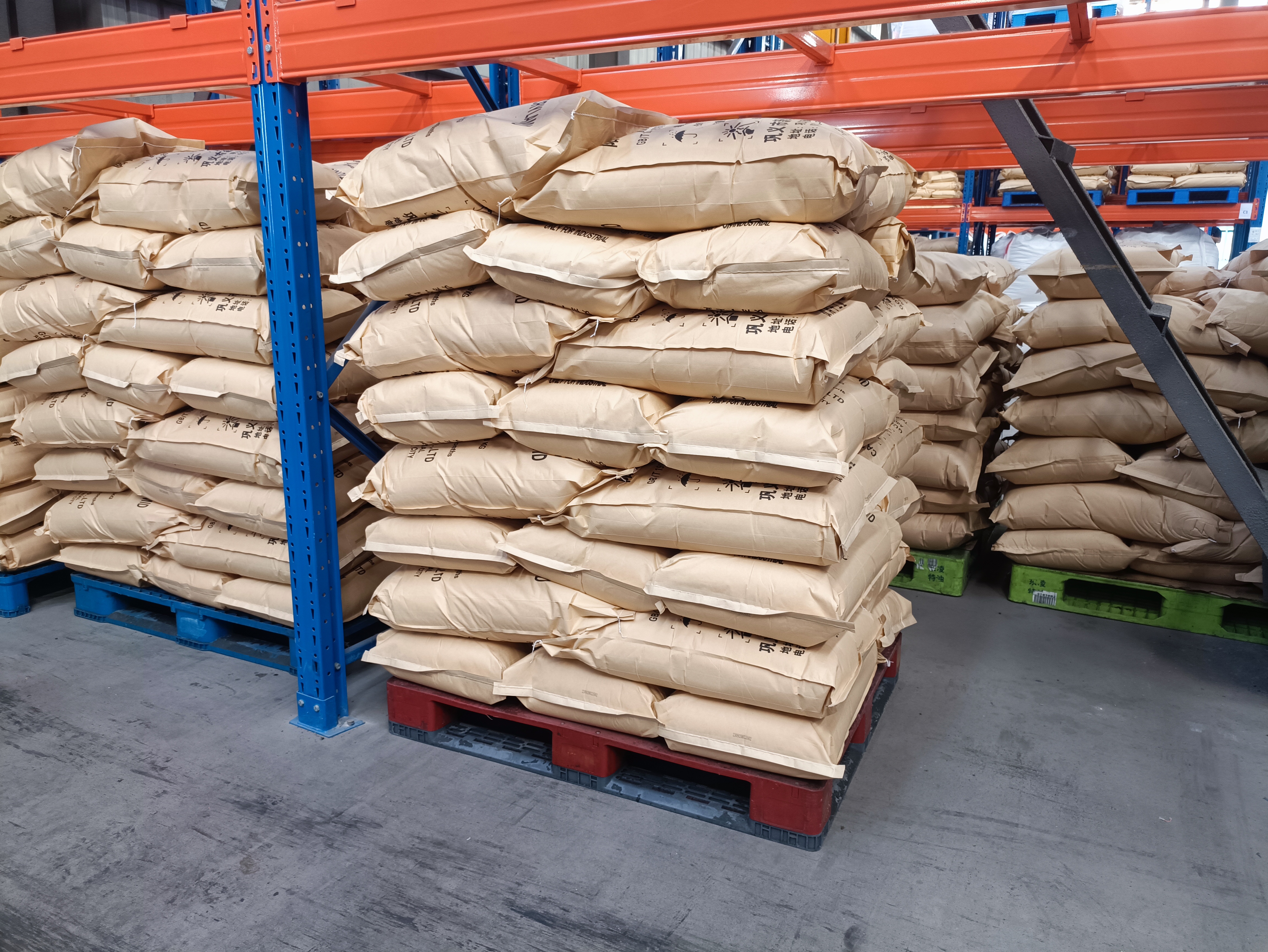Flocculation Meaning in Chemistry: What You Need to Know
What is Flocculation in Chemistry?
Flocculation is a process in chemistry that involves the aggregation of particles into larger clusters, known as flocs. This phenomenon occurs when fine particles are destabilized and clump together, typically aided by chemical agents called flocculants. Flocculation plays a vital role in various industries, including water treatment, food production, and pharmaceuticals.
How Does Flocculation Work?
The process of flocculation begins with the destabilization of particles suspended in a liquid. These particles are often negatively charged, causing them to repel one another. When flocculants are introduced, they neutralize the charges, allowing the particles to attract and bind together to form larger aggregates.
Flocculation can occur naturally or be induced artificially. The process is influenced by several factors, such as the type of flocculant used, the pH level of the solution, and the presence of other chemicals.
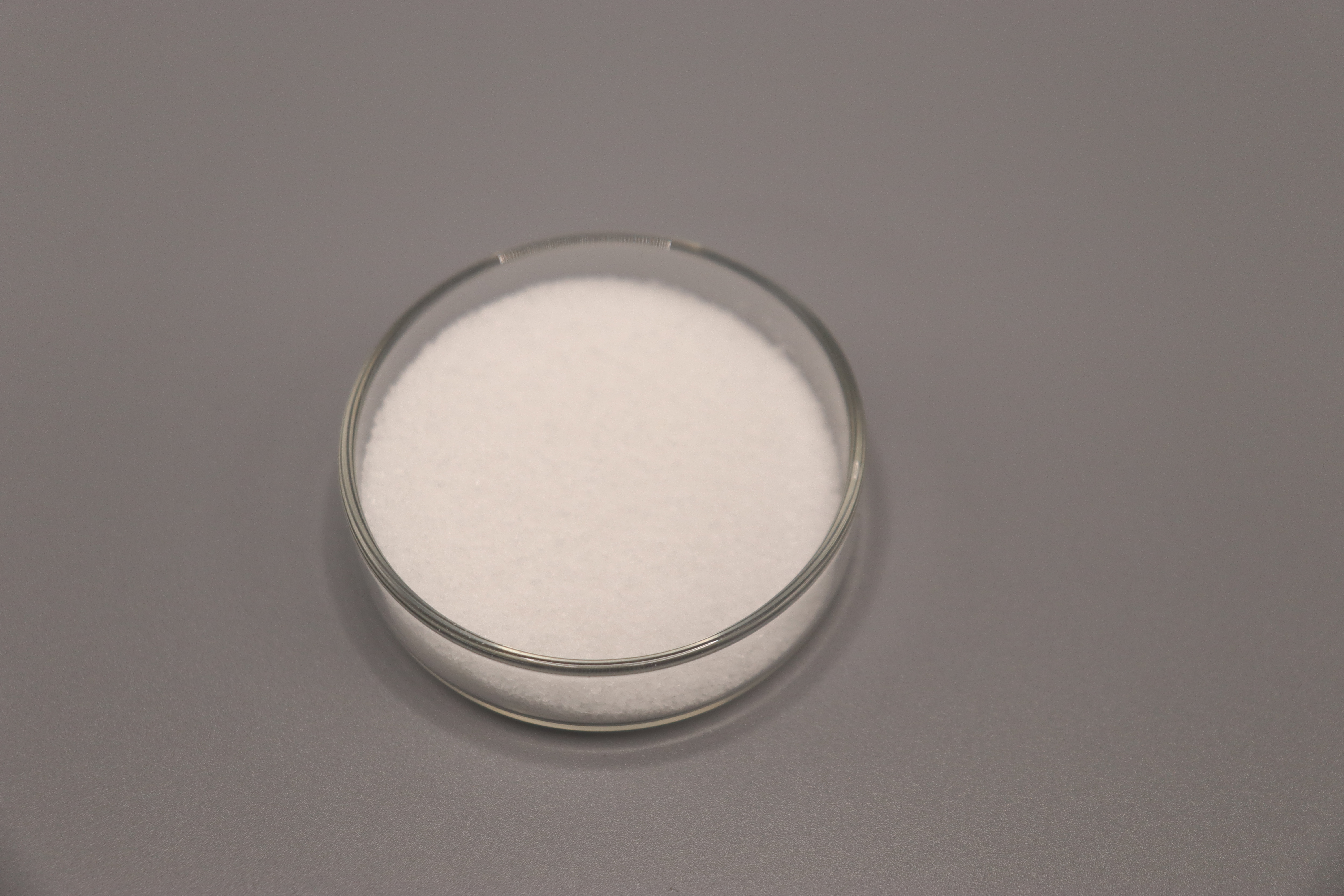
Applications of Flocculation
Flocculation is a widely used process in various fields. Some of its most common applications include:
- Water Treatment: Flocculation is essential for removing impurities from water, making it safe for drinking and industrial use.
- Mining: In the mining industry, flocculation helps separate valuable minerals from waste material.
- Food Industry: Flocculation is used in processes such as brewing and cheese production.
- Oil and Gas: Flocculation aids in the separation of oil from water in petroleum extraction processes.
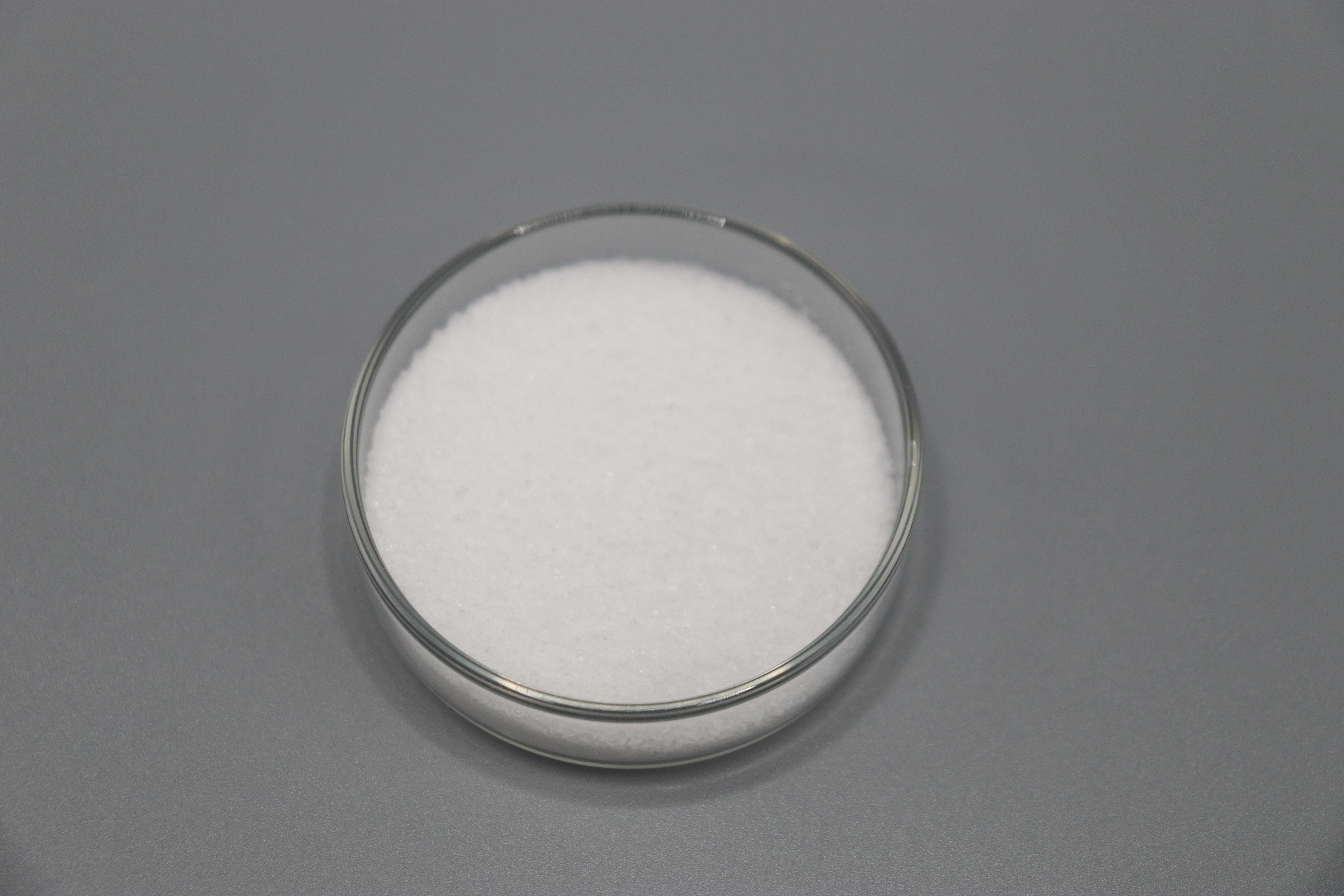
Why is Flocculation Important?
Flocculation is crucial for maintaining the efficiency and sustainability of many industrial processes. Without flocculation, separating fine particles from liquids would be challenging, leading to inefficiencies and higher costs. Additionally, flocculation contributes to environmental protection by facilitating the removal of pollutants from water and other substances.
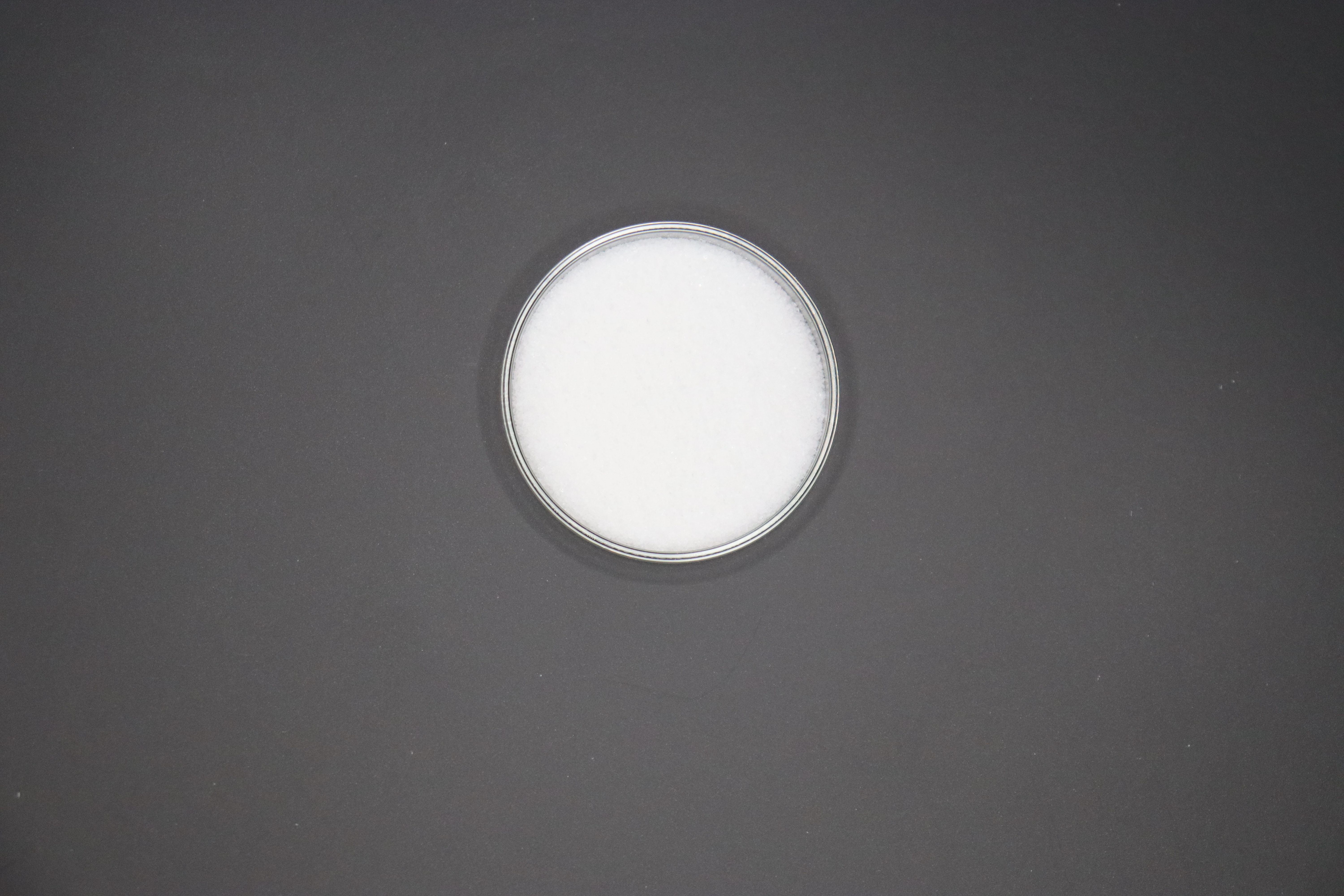
Conclusion
In summary, flocculation is a fundamental process in chemistry that involves the aggregation of particles into larger clusters. It has a wide range of applications, from water treatment to food production, and plays a crucial role in ensuring the efficiency of industrial processes. Understanding the flocculation process is essential for scientists, engineers, and anyone interested in the fascinating world of chemistry.

